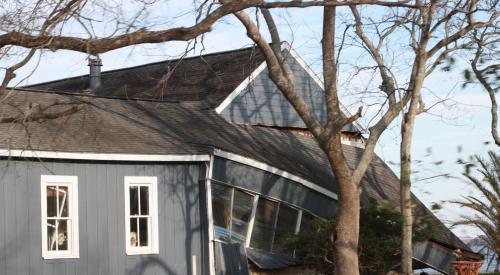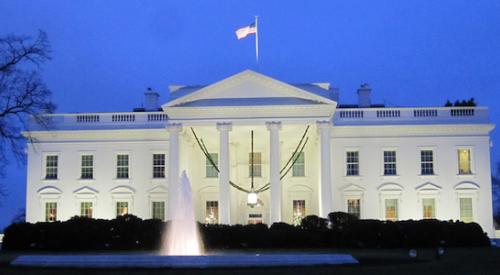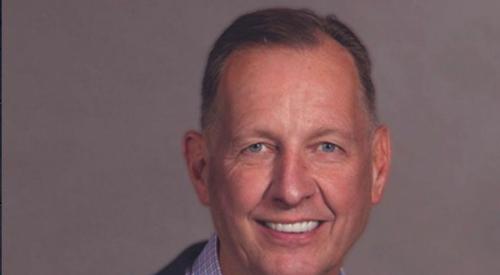The goal of the PATH/FEMA Mercedes project is not only to demonstrate mitigation technologies, but also to help create an incentive for their adoption through reduced homeowners insurance premiums. The PATH team is working with the Tower Hill Group in Florida to make that happen.
Tower's superior construction credit, generally about 10%, could increase if computer modeling indicates a more significant reduced risk. A higher credit could spark construction of stronger homes; with sufficient market penetration, opportunities would arise to collect actuarial data on the homes' performance in storms, which could lead to deeper premium reductions.
"Instead of just another demonstration project, we want to carry it to the next step, with real home buyers making real buying decisions and influenced to pick superior construction," says Pierce Jones of the University of Florida Energy Extension Service. "We're letting the free market work its magic."
Kirk Malone, vice president of construction for Mercedes, says it's an appealing proposition because it makes the home "much more attractive to buyers who are right on the edge of qualifying." Jones notes the project's dependence on feedback loops to accelerate the adoption of technology. "The goal is to see if Realtors can sell the upgrades," he says. "There's work to be done with insurers to make this upgrade package more attractive to the home buyer. It will take a collaborative process to get the cost down and give reduced risk and increased durability the respect they deserve."
For now, Fannie Mae primarily is interested in the energy-efficiency benefits of poured concrete homes. It will offer an energy-efficient mortgage product with Mercedes Homes. Though the degree of difference between offering a preferential mortgage product for a home that results in lower utility bills and one that results in lower premiums might be slight, it's nonetheless a tall order for a lender.
"We actually haven't gone the next step," says Michelle Desiderio, a senior product manager at Fannie Mae, "but it's something we're aware of."












